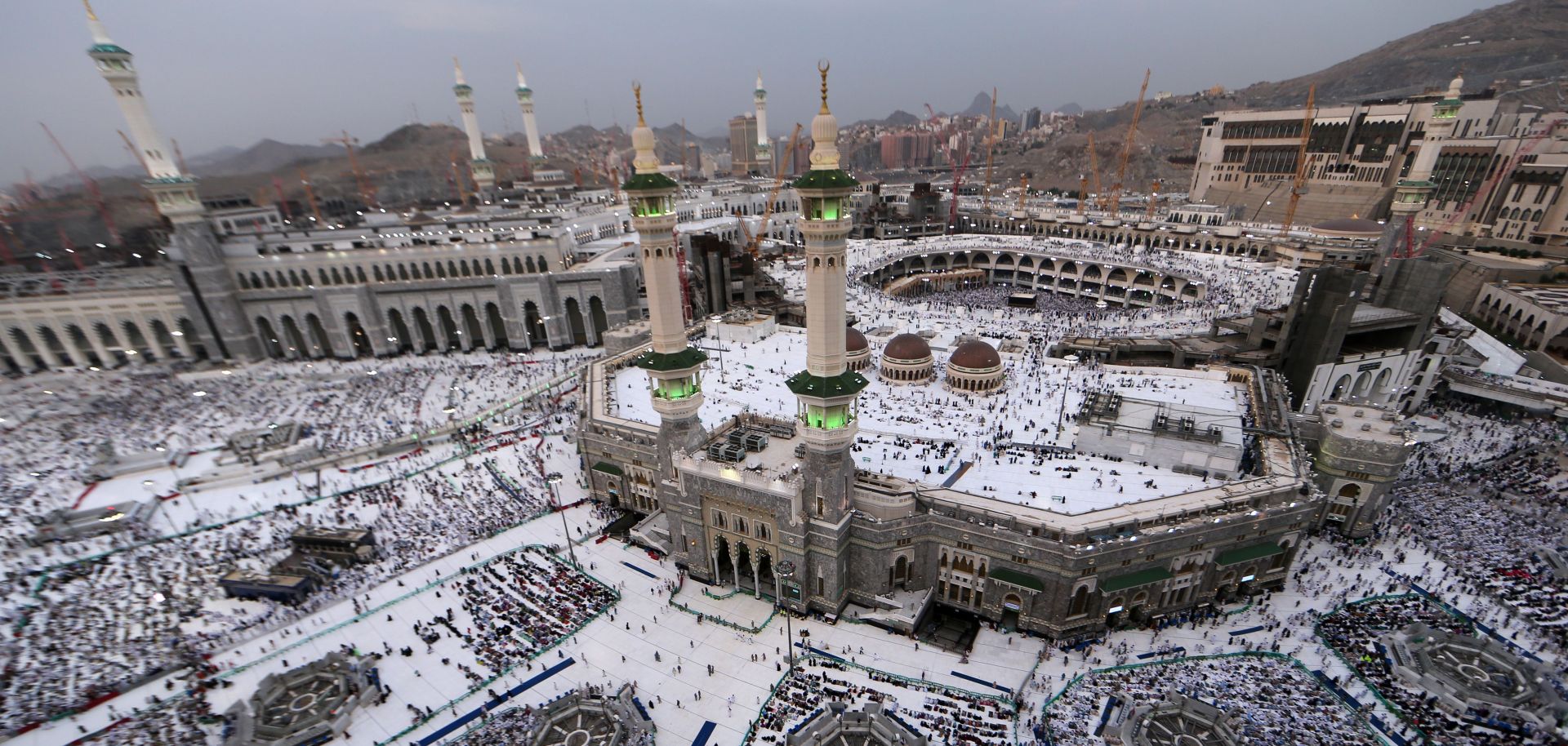Death cannot be completely averted at the hajj. Sometimes people intentionally participate in it late in life in hopes that they may die on sacred ground. In spite of 25 hospitals, 155 state-of-the-art medical clinics and the only hospital in the world open just one day a year to serve pilgrims praying on the Plain of Arafat on the 10th day of the pilgrimage month, death will walk among the millions who make the journey to Mecca. It's statistically unavoidable.
But this year's triumph was the naturalness of it all. There were no stampedes, as in 2015; no fires, as in 1997; and no cholera epidemics, as in the 1860s and at the turn of the 20th century. There was, however, an unnatural impediment to the pilgrimage: Hopeful Qatari pilgrims, a number within the quota limits Saudi Arabia had set, were blocked from participating in the 2017 trek....


